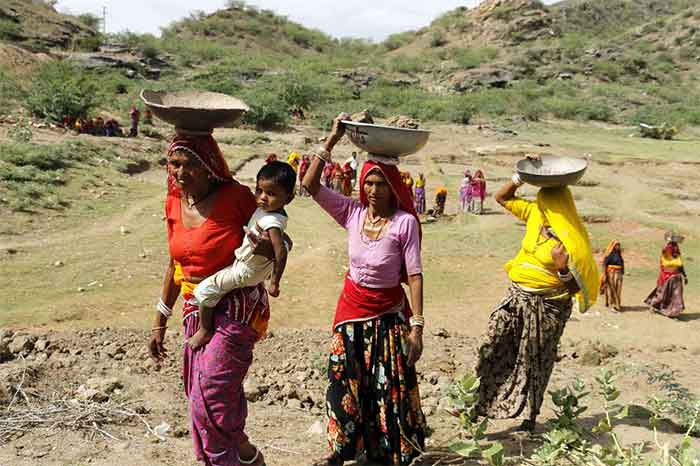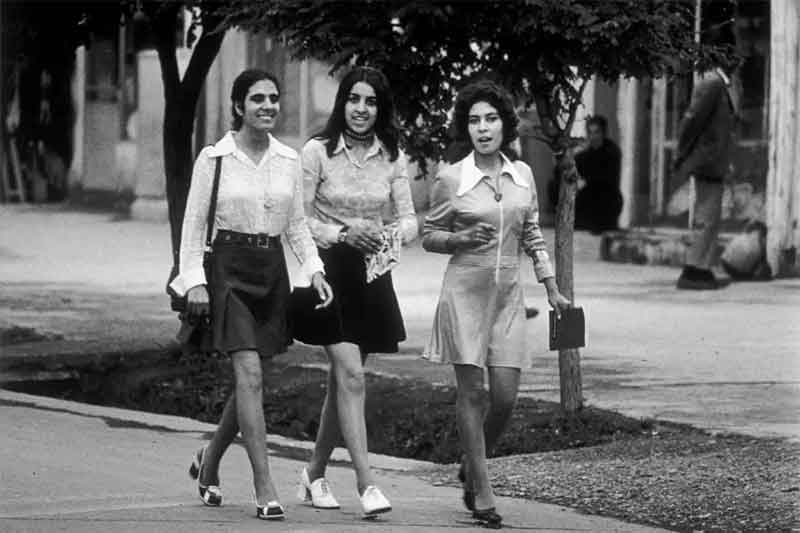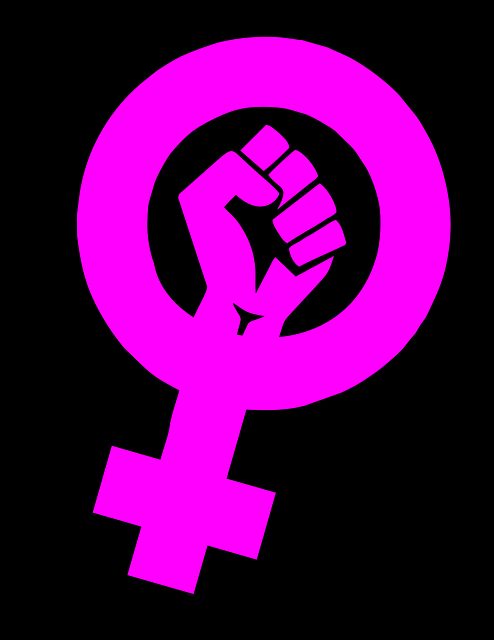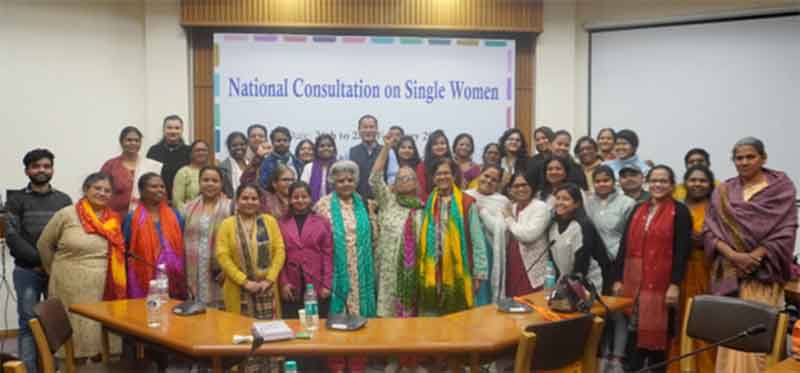by Madhubrota Chatterjee and Kaibalyapati Mishra

The themes for International Women’s Day have always been evident to link gender equality with every sphere of societal concerns. This year’s (2022) theme proposed by the UN is “Gender Equality today for a sustainable tomorrow”, throwing light on the climate crisis and its vulnerabilities majorly exposed to women and girls as the livelihood dependencies on collecting food, fuel, water are heavily inclined towards them. The focus is to finance gender-oriented climate solutions, increase awareness, building leadership and resilience towards the green economy.
Amidst modernization, gender inequality is rampant in this subcontinent. India ranks 140 out of 156 countries in the Global Gender Gap Index, 2021. These ranks throw attention towards the developmental concerns, showing the disparities arising due to poverty as the root cause of all the major issues, huge illiteracy as the Census 2011 brings the vast literacy gap among men (82.14%) and female (65.46%), and unawareness among women about their fundamental rights.
Covid pandemic has hit the world at its worst bringing unprecedented losses. India is facing an indication of the fourth wave, this June. Women in India are at higher risk of getting exposed to the virus due to the lack of resources. The majority of them cover the health force, where 80% are employed as nurses or midwives (frontline workers). Although wage inequality persists in India, the burden of unpaid care alarmingly rose for women during Covid lockdown as a significant proportion of their time goes after performing unpaid household chores, and looking after the elders, children, and sick. A report by APU stated that 47% of women lost their jobs as compared to the 7% of their male counterparts during the first wave of lockdown.
The recently published Pew research center’s report titled, “How Indians view gender roles in Family and Society” highlighted facts that are worrisome having been born in a country with 75 years of independence with a 3 trillion dollar economy. Left with a quarter of the population that thinks males can make better political decisions than females seems to have shattered the objective of the Women Reservation Act (108th amendment), above which the 33% reservation of seats for women is still neglected.
Gender is socially constructed roles and responsibilities and norms are abide by the social acceptance of the behavior. In domestic set-ups, 9 in 10 Indians believe that wives should be obedient to their husbands (the cases of domestic violence against women ascertains that precariousness of scenario has increased). The shared responsibility of child care holds the traditional norm of the belief that it should wholly be carried out by women.
Though Indians are developing the inclined opinion towards the sharing financial responsibility among the couple, a huge chunk believes that men should be preferred above women. Even if the employment is full-fledged, the wage inequality tightens the concern, especially in the secondary sector.
Son preference has not been obsolete from society as 4 in 10 Indians believe that sex determination before birth is acceptable using modern methods, even after the implementation of the Pre-Conception and Pre-Natal Diagnostic Test (PCPNDT) Act, 2003. The problem of “missing girls” is still prevalent in India causing a sex ratio skewed towards males. The findings that highlight crime against women and other issues highlight a failure that years of economic development, growth, liberalization have not been able to influence human intentions even though our per capita GDP has increased and we are lagging behind the countries whom we are aspiring to cross in nominal terms.
Over the successive planning periods, the focus of economic policies in the country has shifted heavily towards brawn-based productions (manufacturing and real-estate jobs, which require higher physical health where males have a comparative advantage) while the brain-based productions (services sector like BPOs) are largely left on their own. This Brawn-Brain tradeoff has the notion of men being capable of carrying out physically oriented works while women are best suited for nurturing related activities. While this sectoral transition explains unequal gender roles, the solution lies in more capital infusion in mentally intensive work that can breach the female-male wage gap. This has a forward linkage, as more wages for women shall increase the opportunity cost of raising children and this shall push capital-labour ratio and growth further.
In a nation where the extension of legal rights for daughters is promoted and the same rights of a daughter-in-law are restricted, the explanation of unequal gender roles cannot be confined to economic ones only. The existing patrilocal and patrilineal system, makes parents feel reaping more returns to investments on son’s education and health, than that of the daughter’s. Extending on how culture and development interact, the old-age dependence on son doesn’t seem to have changed the notion that the son should take care of parents with the huge layout of pension schemes (though the dependency has decreased, the motives persist). On the other hand, the everlasting issue of the dowry system also enthuses pro-male biased behaviour, as with economic growth dowry seems to be more prevalent in disguised terms. In 2020, Honourable Supreme Court, however, valued and extended the daughter’s legal importance of property over her father’s properties as the new amendment of the 1956 Hindu Succession Act.
Eliminations of unequal gender roles will require explicit policy interventions. One of such is uplifting their overall socio-economic sphere through legal interventions. Providing financial incentives on having a girl has become popular however the small amount of money can hardly allure the son’s preference away. As Seema Jayachandran, finds out three things that can address the issue of unequal gender roles are, first, a sectoral shift away from agriculture toward services occurs, second, technological advances reduce the time needed for household chores, and third, the frequency and risk of childbearing decline.
Madhubrota Chatterjee is an ICSSR (Indian Council for Social Science Research) fellow in Population Studies at the Institute for Social and Economic Change, Bangalore. She is currently working on her thesis about Population Ageing and holds research interests in Gender issues and geriatrics.
Kaibalyapati Mishra is a Junior Research Fellow in the Centre for Economic Studies and Policy at the Institute for Social and Economic Change, Bangalore. Currently working on his thesis about Applied Microeconomic theory, he holds interest in Applied Microeconomics, Inequality and Development, and Monetary Policy
















































